China's global hunt for food security
- Vancouver Sun
- 03 February 2010
Many see the desire for Kazakhstani agricultural land as another tentacle of Beijing's creeping imperialism
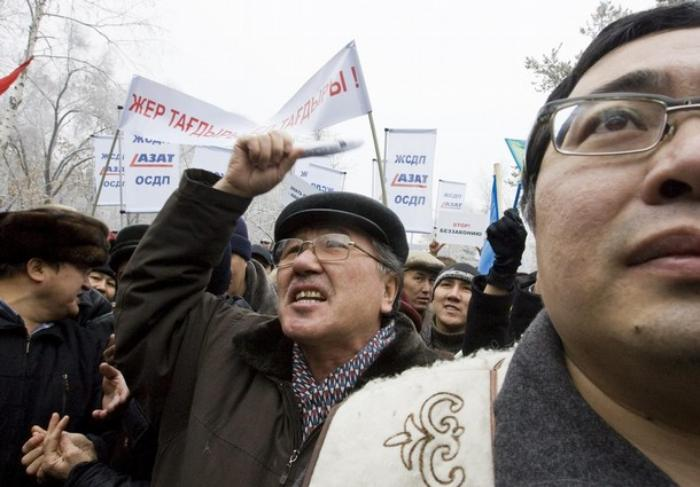
Many see the desire for Kazakhstani agricultural land as another tentacle of Beijing's creeping imperialism
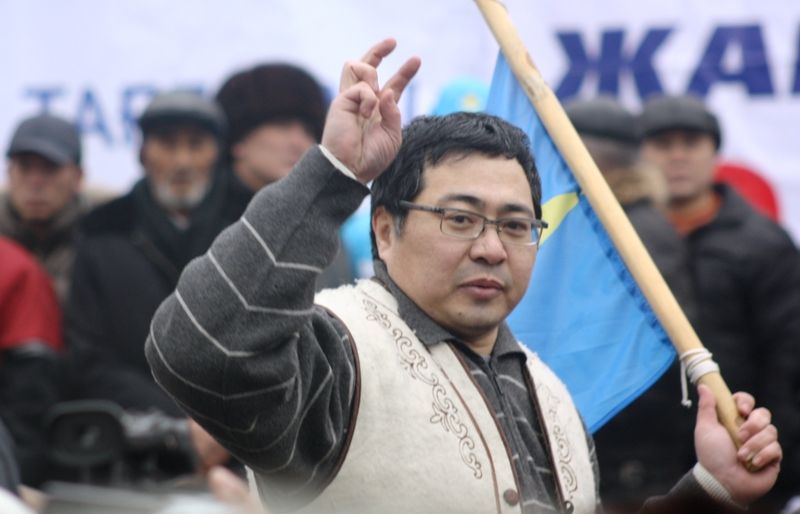
"They (the government) borrowed $13 billion from China and now they want to pay it back with our land," Bolat Abilov, a leader of the opposition party Azat, said at the rally. “No Chinese soya beans on the Kazakh land!” shouted one protester.
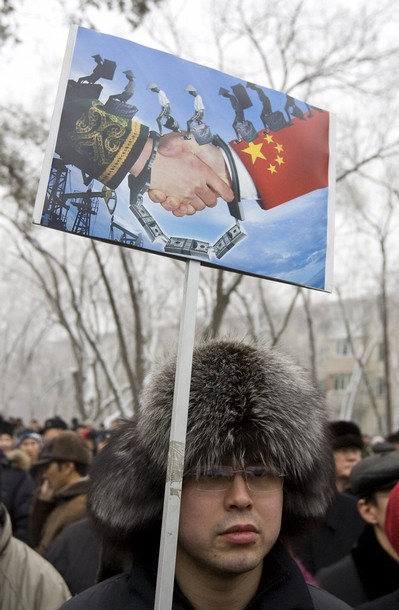
Several hundred people have gathered in the Kazakh city of Almaty to protest against what they call "Chinese expansionism".
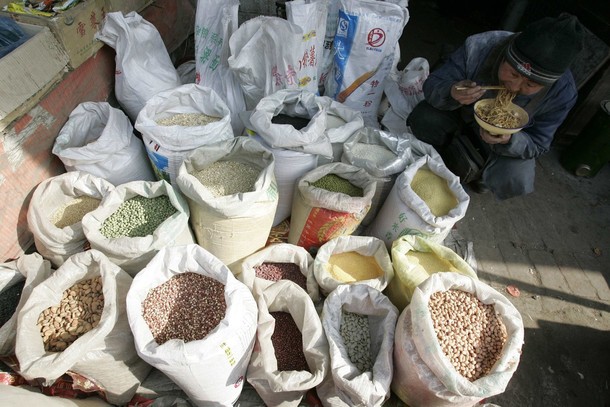
Mr Massimov said Kazakhstan was negotiating an agreement with China to fund farming projects in Kazakhstan. “We are not giving China any land. The land code forbids it. But if we have a buyer [for crops], be it China or Arabia, then let’s sell,” he said.
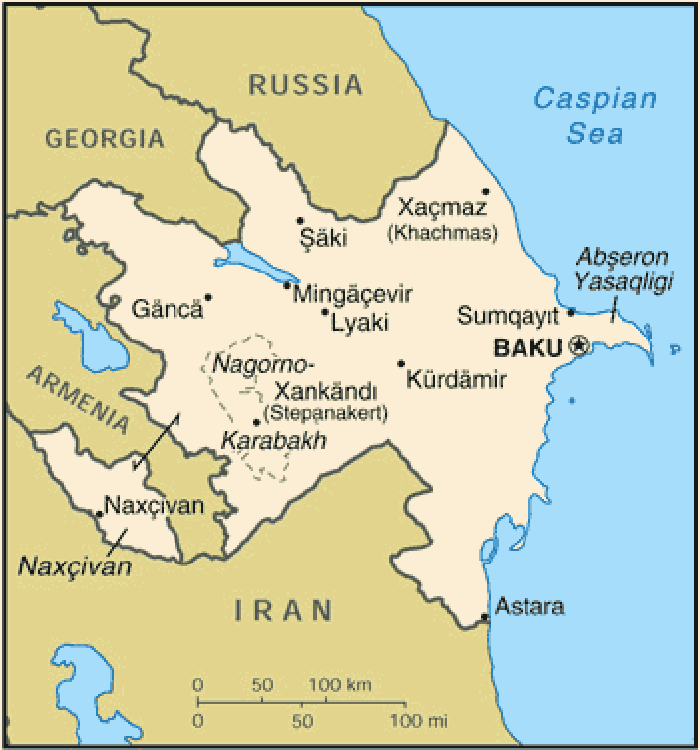
Glencore's agricultural interests include 300,000 hectares of land in Australia, Kazakhstan, Paraguay, Russia and Ukraine.
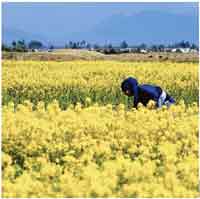
The head of state at the last session of the Council of Foreign Investors informed that China had requested to lease 1 million hectares of Kazakh farmland for cultivation of rape and soya. According to A. Evniev, "It is not a lease, it is a question of joint manufacture. In this case, it is soya and later it will be corn and rape."
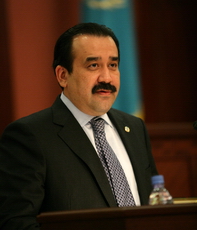
Kazakhstan will not "sell" land to China, Kazakh Prime Minister Karim Massimov has announced
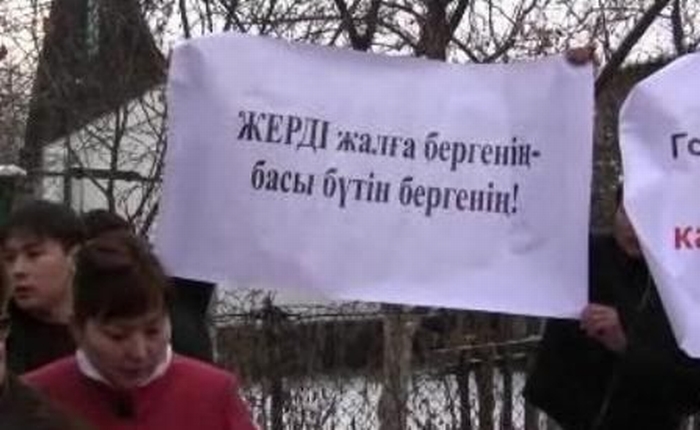
Dozens of Kazakh activists staged a protest today in front of the Chinese Embassy in Almaty against the planned leasing of Kazakh land to China, RFE/RL's Kazakh Service reports.
It isn't often you sit down with a fund manager and begin the interview by discussing their new film.

A group of private Saudi investors said they plan to start a company with $533.3 million capital that will invest in farm projects mainly abroad. First projects may be with Ghana, Turkey and Kazakhstan.
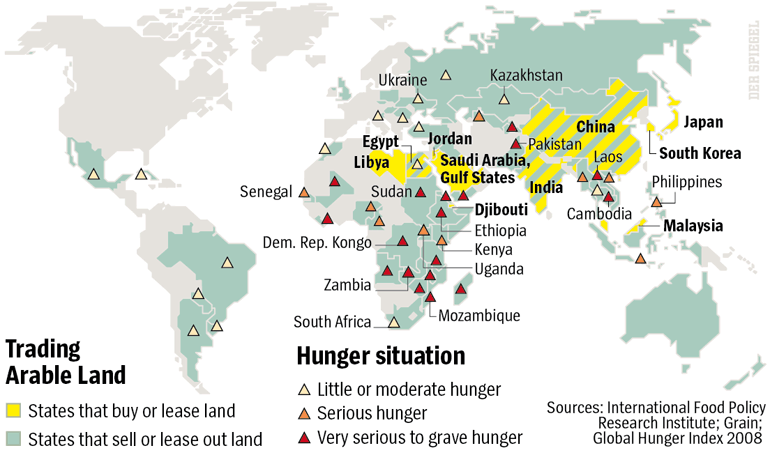
Because of the political sensitivity of the modern-day land grab, it is often only the country's head of state who knows the details. Der Spiegel investigates.
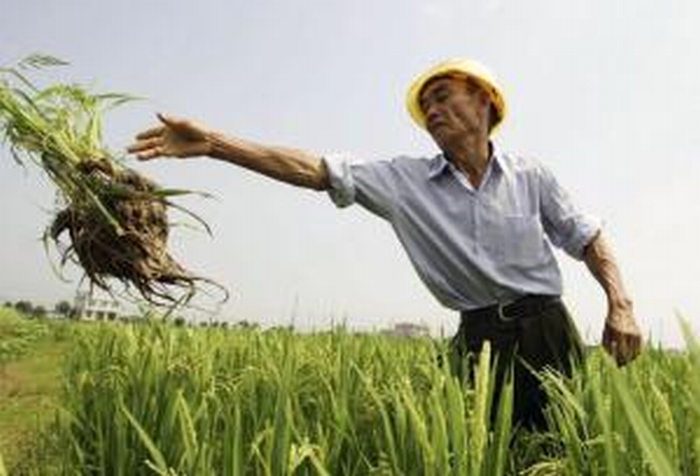
The emergence of the farmland asset class is not without pitfalls with the provision of food always highly political and a tentative global economic recovery potentially threatened by the H1N1 flu pandemic, fund managers said.

|
KKR acquires ProTen from Aware Super
|

|
CAR offers land ownership using cryptocurrency
|